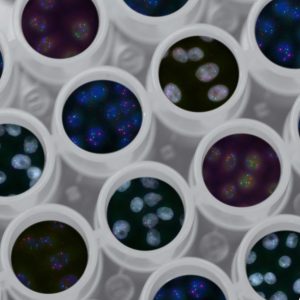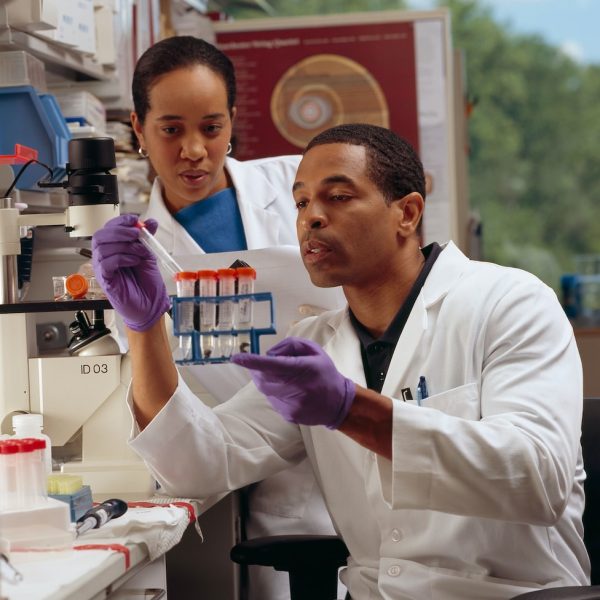
It is becoming more common for people to have physical reactions to certain foods. What people don’t realise is that most symptoms are caused by food intolerance or sensitivity rather than food allergies. The difference between food allergies, food insensitivity and food intolerance is the body’s response to the allergen.
When a person has a true food allergy, their immune system may respond to chemicals (referred to as allergens) that are typically safe for most people, causing an allergic reaction. This leads to an immune reaction that affects many organ systems in the body. You may develop hives, swelling, itching, anaphylaxis and dizziness. Untreated allergies can result in chronic skin disorders, GI disorders, respiratory disorders etc. In worst-case scenarios, severe allergies can lead to life threatening reactions. Allergy testing is crucial for avoiding exposure to foods that can cause life threatening reactions such as anaphylactic shock to peanuts
Food sensitivity or intolerance reactions are triggered by the digestive system. It is more common and it is estimated that 20 percent of the world’s population suffers from this. With a food allergy you cannot eat even small amounts of the food whereas with food intolerance/sensitivity you may be able to eat small amounts of the offending food without trouble. Symptoms of food intolerance include gas, bloating, diarrhea, constipation, cramping and nausea. Food intolerances can be problematic but are not life-threatening.
Balance in Healing offers specialised testing to determine the root cause of your food intolerance/sensitivity as well as a diet and nutrient plan to heal your gut and eliminate the offending allergens.
As allergy testing reveals what you are allergic to, it is crucial for treating allergies. Perhaps, one of the commonest foods people are often allergic to is peanuts. But that is only one of the things a person can be allergic to. Even staple foods with the highest amount of nutrients may cause minor to severe allergic reactions in some people. Our bodies are unique, and they uniquely react to the same set of foods differently.
The rule of thumb is that every food on this planet can cause allergic reactions in certain individuals. Apart from foods, numerous other things, including medicines, and elements of our environment like pollens, might cause an allergic reaction in certain people. This is why the importance of allergy testing cannot be overstressed. A doctor’s advice on the best methods to avoid these allergies will be greatly aided by testing.


Genetic/DNA testing is a form of medical examination that looks for alterations in genes, chromosomes, or proteins. An individual’s likelihood of getting or passing on a genetic ailment may be determined using the results of a genetic test, which can also confirm or rule out a suspected genetic condition.
More recently medical science has discovered epigenetics. Epigenetics has determined that your behaviour and environment can affect how your genes work. These changes are reversible and can change how your body reads your DNA sequence. With a simple mouth swab that collects and analyses your DNA we can assess risk factors for common disease. With these results we can formulate an individualized plan with recommendations regarding your behaviour, diet and lifestyle to decrease your risk of developing that disease.
As important as genetic testing is, we cannot force people to do them. It is voluntary and solely at an individual’s discretion. However, we do hope that individuals see the tremendous benefits of genetic testing. Our counsellors can help you make informed decisions by educating you on the pros and cons of genetic/DNA testing, including the social and emotional side of it.

© 2025 Balance In Healing | Privacy Policy | Terms & Conditions | Designed & Developed by Develop Clicks